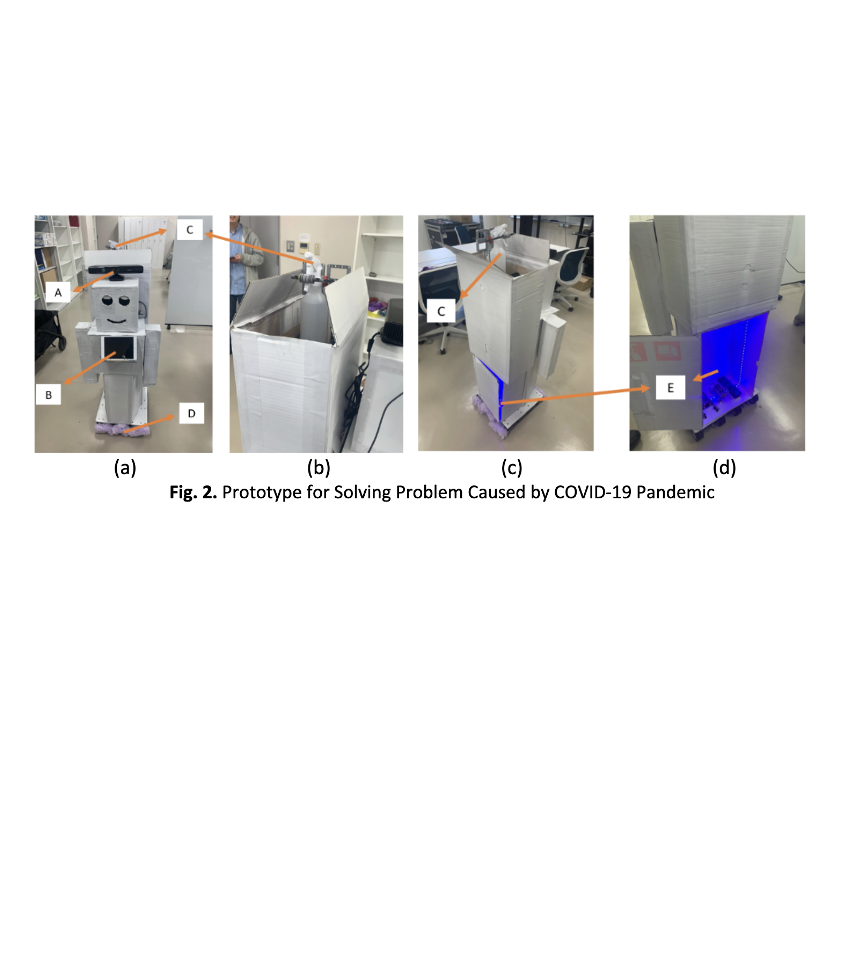Proposition and Verification of a Design Method to Discover Latent Needs Based on Empathy, Experiences, and Working Prototype by Designing Autonomous Childcare Vehicle
Keywords:
Innovative Design, Latent Needs, Consumer Needs, Interview, Prototyping, COVID-19Abstract
For products and services to have novelty and superiority in the market, it is important to grasp the latent needs obtained from users. Latent needs are defined as "those that many customers recognize as important but cannot be clearly articulate in advance." Various surveys in the discovery of ideas aim to uncover latent needs, but the conditions and factors that can obtain the latent needs are unspecified. In our research, non-prototype-based and prototype-based interviews were conducted to a focus group of men and women who had childcare experience. The interviews were regarding the effect of the COVID-19 pandemic on their daily life including childcare and housework. The consumer responses in the interview were then interpreted based on the guideline commonly used by other designers. Then, as we assumed that experience, empathy and knowledge on working prototype is essential elements in product development, the new additional guidelines which are ‘to write a statement with empathy’, ‘to write a statement as a designer’, and ‘to write a statement as someone with experience’ were proposed and utilized during interpretation to see whether these new guidelines will influence the process of identifying latent needs of consumers. From the research result, we were able to conclude that the number of interpreted needs increase when we additionally applied the new proposed guideline. Although the number of increased needs is small, the needs might not be interpreted if the new guidelines were not considered. We were also able to obtain a few important latent needs when we applied these new guidelines. We could conclude that by including these guidelines upon interpreting raw data of consumers interviews might lead into discovering important and critical latent needs of the consumers.










